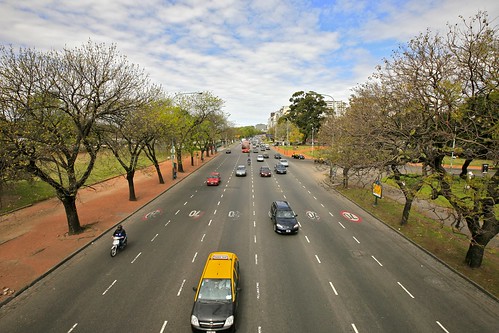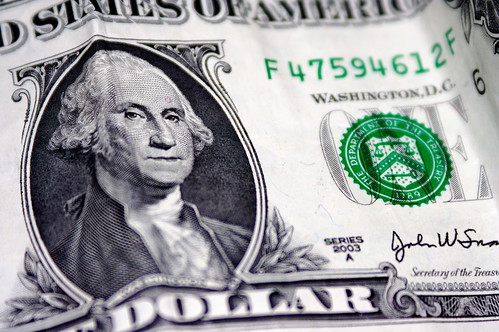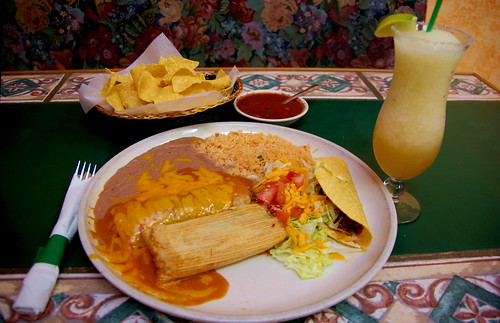
I would like to post this here for our benefit. Here goes.
I’ve been called by some a “grandpa” on the road. They mean to say that most grandpas are old men, and that most old men drive slowly. Well, I’m not sure that’s a logical argument, but I admit that I do drive slower than most.
Today I’d like to make the case that
“driving slowly” (aka, going the speed limit) and using cruise control can
actually save you money.
How Using Cruise Control Saves You
Money
1. Cruise control helps you avoid the
need for acceleration.
Whenever you accelerate, you’re using
gas. When you’re using gas, you’re losing money. Turning on cruise control will
help you avoid the craving to hit the gas when your favorite dubstep song hits
the radio.
2.
Cruise control will help you maintain a constanteconomical speed.
According to the US Department of
Energy, gas mileage usually decreases rapidly at speeds above 60 mph:
You can assume that each 5 mph you
drive over 60 mph is like paying an additional $0.28 per gallon for gas.
Yikes. That’s quite an increase in
price to get to your destination a bit faster. If you’re the kind of person who
complains
3. Cruise control, set at the speed
limit, will help you avoid tickets.
I’ve never received a ticket (I guess
“grandpas” don’t get tickets, ha). But for those of you who have, I’ve heard it
isn’t a pleasant experience.
Tickets are expensive. Many states
are over $100 per ticket. It’s not uncommon to see a $300 ticket. Ouch. That’ll
put a dent in your 7 Baby Steps.
4. Cruise control results in less
maintenance costs.
Taking corners fast is damaging to
tires and overall hard on your vehicle. Cruise control gives you a constant
speed and helps you avoid accelerations that give your engine more work to do.
When To Use Cruise Control
The natural answer is as much as
possible. Here are a few places I use cruise control:
The Highway or Freeway
On long stretches of road cruise
control comes in handy. Typically you want to go the same speed on the freeway
and don’t have to worry about speeding up or slowing down (unless you live in
Los Angeles).
Low Traffic Areas
There is a certain amount of
hesitation factor when it comes to turning off your cruise control. Make sure
that if you turn on your cruise control you also have the ability to turn it
off quickly in the event you have to change speeds. The last thing you want to
do is rear-end someone because you forgot which button to push.
On my Honda, there are three ways to
turn off cruise control:
1.
I can push the master cruise control
button.
2.
I can push the accelerate and
decelerate buttons simultaneously.
3.
I can tap my brakes.
Now, I’m not one to make decisions
quickly. If you give me several different ways to do one task I freeze up. This
is exactly what happens when I have to choose a method to end my cruise control
session. Therefore, I realized that I had to decide beforehand which method I would use to quickly bring the
vehicle out of cruise control. Now I push the master cruise control button.
You can generally avoid this panic by
using cruise control in very low traffic areas. Ensure you keep good distance
between you and the car in front of you, and you’ll be just fine.
How Do You Save Money on the Road?
Using cruise control is just one idea
that can save you money. Do you have any other vehicle tips you could share in
the comments section below that save you money?
I used to see my brother-in-law driving too slow on Commonwealth Avenue in Quezon City. I keep on wondering why? Then I found out that he was using cruise control to save on gas. This may sound unbelievable but I tried it and it helps me save on gas.
To your debt-free life,
Jimmy






